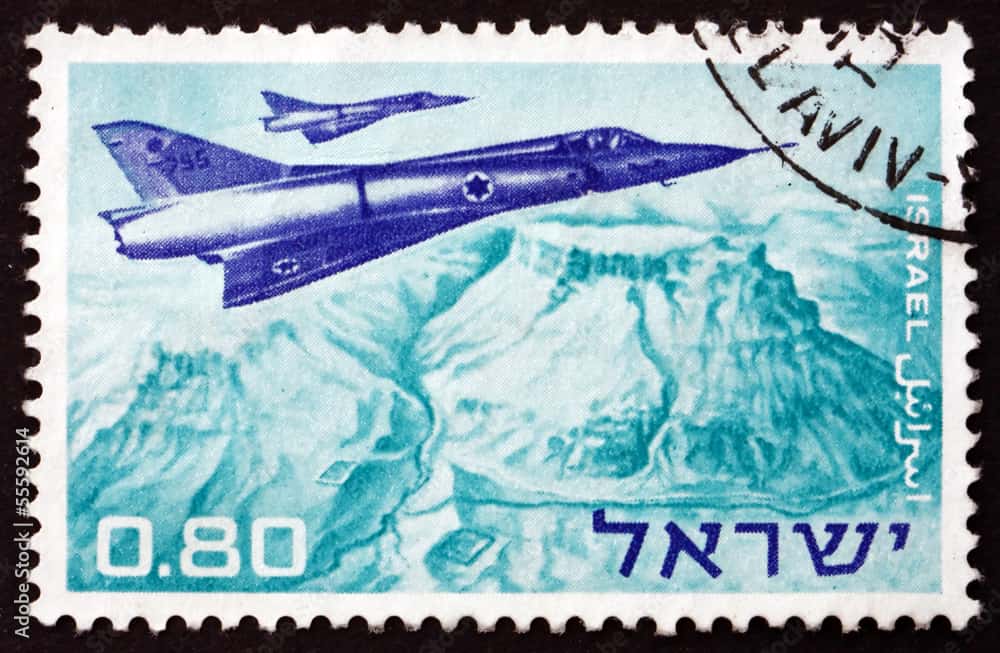Do you remember how the years of high school can be filled with social stigma and social anxiety? Social circles and social acceptance are of utmost importance. I remember girls who wouldn’t walk down the hall to get a drink without a friend, as others might view them as being friendless. That was not a risk worth taking. Are you nodding along, even as you laugh at how silly this sounds?
The truth is, friendship really is important. Friends are influential – for the good and for the bad. A friend can help a person find herself – who she is and who she wants to become. A friend can encourage and inspire. A good friend continues to fill this role as one moves on through the various stages of life.
In the first perek of Pirkei Avos, the sixth mishnah tells us: “קנה לך חבר” – be mindful of who your friends are. Make sure that you are forming relationships that will help you grow and change, relationships that will allow you to learn and teach, relationships that will make you feel good about yourself so that you can be a positive, productive person.
A negative friendship will put you on a downward spiral. You might find yourself doing things you don’t really feel comfortable doing, going places you never went before, wearing clothing that are not up to your tznius standards or letting your children do things that are not really on par with your chinuch standards. In such a friendship, you might feel anxious, confused and down on yourself, and when you stop to think about it, you might feel that the things you are busy with are not really “you.”
A positive friendship, on the other hand, can help bring out your ma’alos and strengths. Such a friendship engenders good feelings and pushes you to want to be a better “you.” In the company of a good friend, it is often easier to make the right decisions.
On the first day of my year in sixth grade, a new girl walked into the classroom, and we all realized we had a star in our class. I felt so lucky that she chose me to be her friend – her best friend. My new friend brought out my fun side, as well as the introspective side of me. As the years went by, and this girl continued to impress our teachers and amaze the principals, I really felt lucky that she was my very best friend. I had my social standing with a friend who was helping me grow.
Eventually we grew apart. But I can look back and see how our friendship helped mold me as a person. Years later, already married with children, I became acquainted with a woman in my town. Over time and with shared experiences, we eventually became close friends. I know how lucky I am for the friendship that we have. My friend is there for me whenever I need her. We share chinuch concerns and ideas – both practical and theoretical – and support each other when making difficult decisions. She is there for me when I am down because of a parent or sibling’s yahrtzeit; she helps me to get to the crux of what I’m experiencing so that I can move on. We know each other’s strengths and weaknesses; we build on the strengths and encourage through the weaknesses.
And so I try to use my friendships for growth, and I try to be a friend who can inspire growth. I hope I am passing down to my children the lesson of having a good friend and of being a good friend. I hope that my parents are looking down and having nachas from the friends I have, the friend I am and the friend I have taught my children to be.
This article originally appeared in Links magazine and appears here in revised form, with permission.












